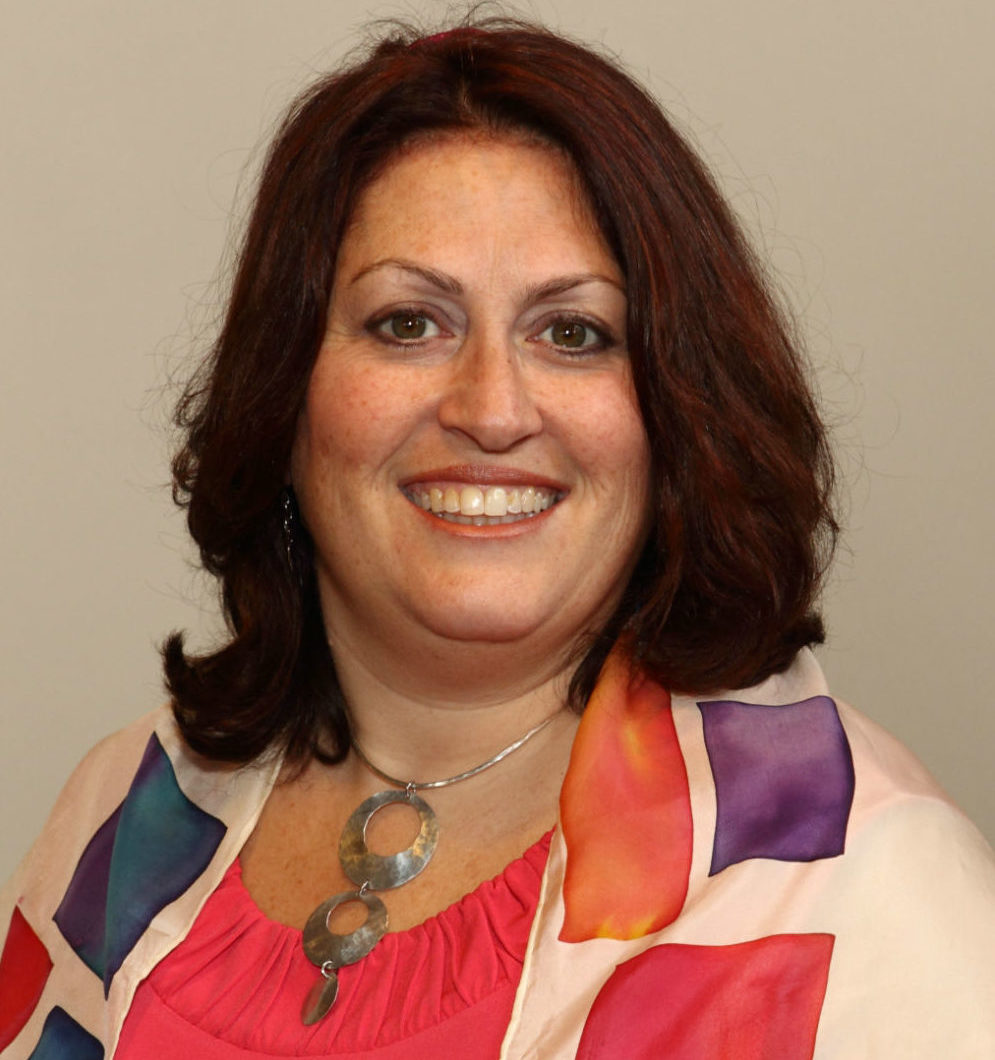“Some are guilty, all are responsible.” – Rabbi Abraham Joshua Heschel
What are we to do about our guilt? How do we take responsibility?
Opportunities to feel guilty are everywhere these days. Simply opening Facebook or turning on the television brings us face to face with terrible tragedies and injustices caused by human failures and misdeeds. How can we not feel guilty when seeing the genocide faced by the Rohingya of Myanmar, the brutality of the war in Syria, the displacement of migrants across the globe? Why would we not be overwhelmed by waves of shame as children are shot in their schools, immigrants are rounded up and treated as criminals, and workers are abused and exploited in our own country?
Guilt and shame are appropriate reactions to injustice – they remind us of our empathetic core that taps into a desire for justice and mercy. And yet, left to fester, unaddressed and unresolved, guilt hampers creativity and action, ultimately paralyzing us completely.
So what are we to do about our guilt and our shame at the injustices we abide on a daily basis?
The ancient authors of the Torah understood the dangers of unaddressed guilt, describing it as a cumulative pollutant that bore grave dangers to the community. They devised a way to focus that guilt and expunge it from the community in the form of sacrifices in the ancient Temple.
The most well-known of these rituals is the sacrifice of a designated goat on Yom Kippur, to whom the guilt of the entire community was transferred. But sin offerings, described in this week’s Torah portion, could be brought by any individual at any time to atone for misdeeds and wrongdoings. The offering of a hattat or asham (sin offering or guilt offering) did not erase the damage that had been done – appropriate repair and recompense was still necessary. However, the sacrificial offerings took away the spiritual burden of guilt and allowed the supplicant to move past guilt into action – to take responsibility and move forward.
We no longer participate in this ancient system, nor is it likely that the symbolic act of offering an animal would work its same kind of magic in this day and age. What, if anything, can we learn from these texts about our own guilt today?
The Hebrew word for the sacrifices is korban, from the root k.r.v meaning to bring or come near. The korbanot or sacrifices were brought near to God; brought the supplicant near to community; or brought our guilt nearer to resolution. There are many ways to understand this “bringing nearness.” So much of what animates the sins of our world today is about separation and distance – between human beings, between communities, within ourselves. Could coming nearer, getting closer to the very ills we fear, actually be the antidote that moves us beyond guilt into responsibility and action?
A quick story: I attended this year’s #TomatoRabbi trip to the Coalition of Immokalee Workers in Florida. Prior to the trip I was anxious – with so much else going wrong in the world, could I really take on yet another issue of injustice? Wouldn’t learning the details about the plight of the farm workers – the abuse and exploitation they faced, the harassment and mistreatment of women in the fields – simply overwhelm me, increase my feelings of guilt and sap my motivation? Wouldn’t I come away more hopeless and helpless then before?
In fact, the opposite happened. Through meeting with the representatives of CIW, hearing their stories and witnessing their own efforts at redemption, I became inspired. Yes, I learned more about the hardships they faced and yes, some moments – like the walk through the modern-day slave museum – were deeply painful to experience. However, in drawing nearer to their stories, in hearing from leaders like Maria and Lupe and Leo, I became energized by their commitment and their struggle and saw a place for myself in their work.
Through relationship building, especially with those who suffer, we see ourselves as part of a much broader whole. We recognize our common bonds and our destiny together. Instead of feeling isolated and helpless in our guilt, relationship building brings us to relish the joy of partnership, ally-ship and even friendship, and that, in turn, energizes us to act, to move beyond guilt into responsibility, and ultimately to march together toward redemption.
Rabbi Elyse Wechterman is the Executive Director of the Reconstructionist Rabbinical Association. Prior to this position, she served as a pulpit rabbi for Congregation Agudas Achim in Attleboro, MA for 13 years.

